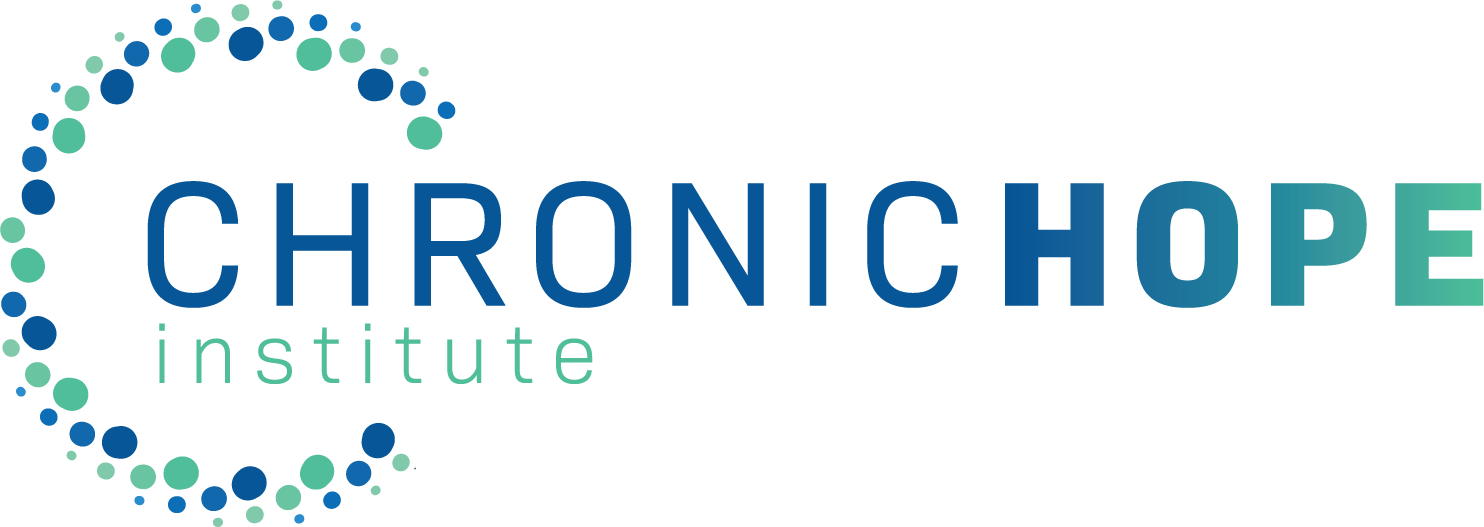May is Mental Health Awareness Month, yet the overarching Coronavirus pandemic has many of us wrestling with a breadth of issues that wreak havoc on our mental health. Some of us are working remotely. Others of us are not. Many adults are juggling children or other family members at home. Almost all of us feel some sort of anxiety, stress, isolation and fear. Regardless of these emotions, the power of human resilience is what helps individuals power through challenging situations.
A pandemic isn’t the first catastrophic event to test humanity’s emotional resilience. At a large scale, whole countries have experienced economic challenges, environmental challenges, wars and other pandemics that have tested humanity. At a more personal level, many adults throughout their lives have experienced job loss or financial strain, grief over lost loved ones, or other personal situations that take a toll on one’s mental well-being.
Through each of these scenarios, resilience has helped humanity power through into stronger beings. Humans contain some form of natural resilience, but is it possible to increase our emotional resilience, resulting in a stronger mental state? Yes.
Mindfulness is the basic human ability to be fully present and aware of where we are and what we are doing at that exact moment, leading us to feel less overwhelmed or over-reactive to the situation at hand.
Mindfulness is more powerful than we realize. Here’s how it can build your emotional resilience, a critical component to maintaining strong mental health during this pandemic:
A sense of equilibrium
More than ever during the pandemic, our brains are continually jumping from one task to the next, bouncing through a state of highs and lows and ultimately, experiencing a continued downward spiral into anxiety. And part of the continued spiral is the distractions built by technologies, such as social media, frequent news alerts, ongoing emails, text messages and work phone calls.
Mindfulness helps us create a sense of equilibrium. By minimizing the use of digital devices and increasing self-care activities such as exercise and meditation, we stay present and focused on the world around us, helping us become more capable of identifying our needs and developing mechanisms to deal with stressors.
Through this heightened sense of equilibrium, we increase our emotional resilience by focusing on what you can control rather than what you cannot.
More gratitude
It’s tough to imagine being appreciative of what we have when we’re overwhelmed with uncertainty, stress, anxiety and depression. During this time, having a sense of gratitude is one of the best approaches to developing a complete, healthy approach to embracing uncertainty.
Gratitude sharpens our attention on the good and positive aspects of our lives. Mindfulness invites us to accept and observe the world around us with a nonjudgmental attitude. Negativity and unfortunate events are inevitable, but gratitude allows us to notice the blessings we do have and distract us from the misfortunes we face. Mindfulness helps us react to our misfortunes with grace and acceptance, strengthening our emotional resilience.
Stronger connectivity with others
We’ve all been in a position in which we disagreed or argued with our friends and family members. And it’s no surprise that emotional roller coasters are likely during this pandemic. When we feel a state of threat or fear, our brains jump into “fight, flight or freeze” mode.
Mindfulness affects our brains by creating a more aware, focused state. The result? Better emotional regulation when we interact with others. Regular practice of mindfulness helps reduce our brain’s ability to automatically jump to a threat response and instead, actively analyze a solution to the problem and generate a stronger sense of self-awareness.
With greater self-awareness, we are more emotionally resilient with empathy and compassion, effectively generating stronger connectivity with others.
It’s normal for our emotions to skyrocket during unprecedented times, but mindfulness is one of the best strategies to implement when it comes to increasing our emotional resilience. To learn about other strategies that may work for you, contact us for a virtual appointment today.


Recent Comments